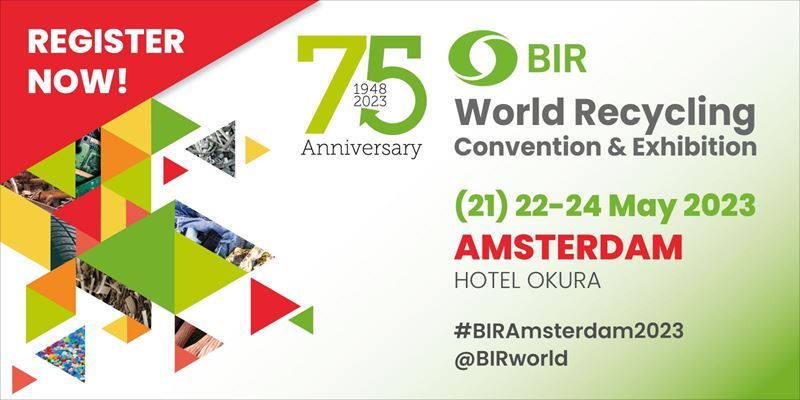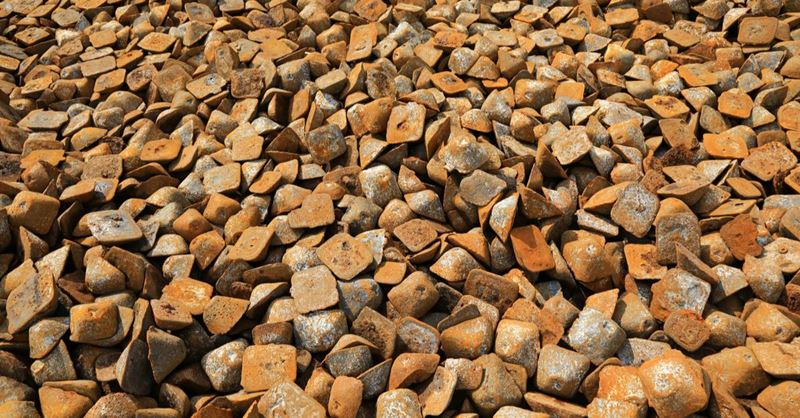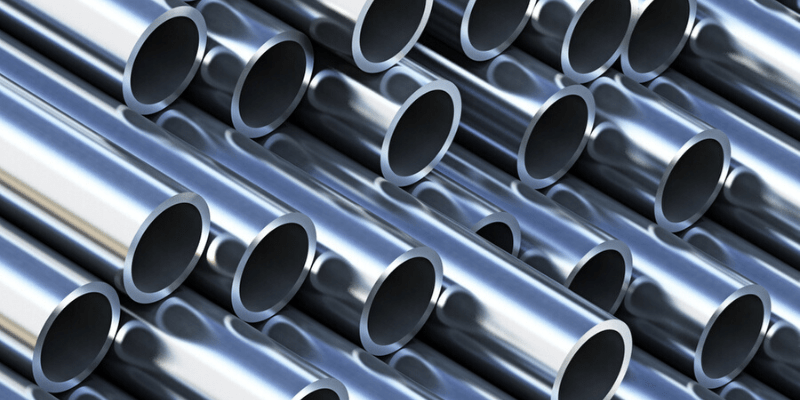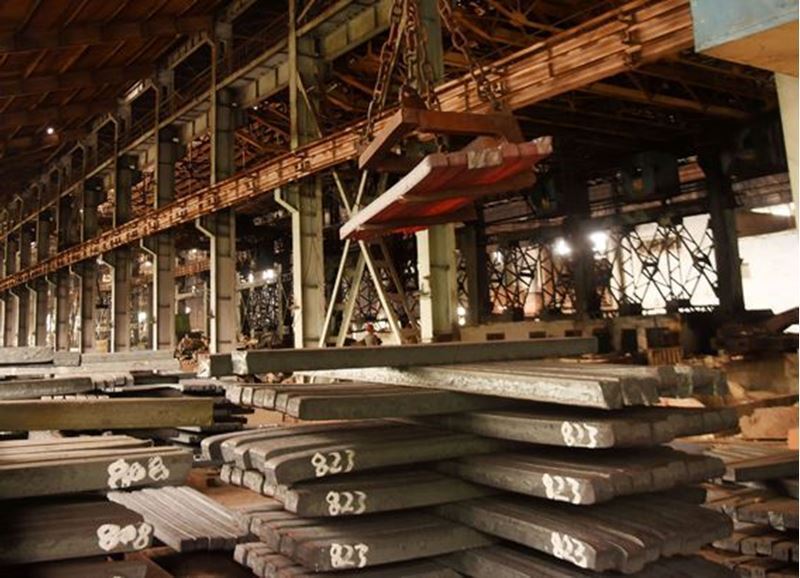At the BIR World Recycling Convention and Exhibition in Amsterdam from 22-24 May 2023, the BIR E-Scrap Committee focused on the global e-waste problem. Guest presentations provided information on the latest developments in Europe, South America and the Middle East. Jan Visser from Mirec Benelux, part of Remondis/TSR, chaired the event.
Julie-Ann Adams, CEO of the European Electronics Recyclers Association (EERA), shed light on the complexity of the e-waste situation in Europe. She highlighted the ongoing review of the EU's WEEE Directive, which coincides with the EU's efforts to establish the Critical Raw Materials Act. The law is important for e-waste as it recognises e-waste as a valuable source of critical raw materials. In addition, the new Basel Convention rules, which will enter into force on 1 January 2025, are expected to have a significant impact on global e-waste movements, requiring careful planning.
Addressing the issue of harmonisation in the European Union, Mr Adams emphasised that 27 different versions of the WEEE Directive are currently implemented across Member States. EERA advocated harmonisation of requirements through a regulation, with mandatory surrender of all waste electrical and electronic equipment (WEEE) and making producers responsible for all such equipment.
Concerning critical raw materials, EERA identified barriers to their recovery in Europe and noted a lack of information on their availability. Ms Adams stressed the importance of advocating the use of secondary raw materials to increase the security of national resources.
She concluded by stating that from 2025, a prior informed consent (PIC) notification procedure will be applied to all electrical and electronic waste in accordance with the UN Basel Convention decision taken the previous year. Ms Adams expressed concern that the competent authorities are not adequately prepared for the expected increase in PIC applications for e-waste.
Overall, the BIR E-Scrap Committee meeting highlighted the global nature of e-waste issues as well as providing updates on key developments in Europe, South America and the Middle East, including the review of the WEEE Directive, the EU Critical Raw Materials Law and the upcoming Basel Convention codes.
Antonia Biggs, General Manager of the Association of Chilean Recycling Industries (ANIR), was the guest speaker and discussed Chile's extended producer responsibility law. Biggs stated that the law includes electrical and electronic devices as one of the priority products. The projected national volume of such devices present in Chile in 2023 is estimated to be 216,170 tonnes. The deadline for the submission of a proposal outlining collection and recovery targets, among other obligations, has been extended until July this year.
Yousef Al Sharif, a new member of the BIR E-Scrap Committee representing Sharif Metals Group, emphasised that the Middle East is a region where e-waste generation is significant. Construction and infrastructure projects, as well as significant technology-related consumption among the expatriate population, are key sources of e-waste, he said. In 2022, an estimated 1.74 million tonnes of e-waste was generated in the Middle East, and this figure is expected to increase by 25% by 2030.
The speakers concluded by recognising the growing interest in e-waste recycling in the region and increasing corporate social responsibility commitments. They expressed optimism that due to these factors, significant progress can be made in e-waste recycling in the Middle East.
Regarding critical raw materials, or CRMs, EERA has identified some of the main barriers to their recovery in Europe, including a lack of information on where the key CRMs can be found. According to Ms Adams, there was a need to “advocate the use of secondary raw materials” as these increased the security of a national supply.
The speaker concluded by explaining that a prior informed consent (PIC) notification procedure was set to apply to all electrical and electronic waste with effect from the start of 2025 as a result of a UN Basel Convention decision taken last year. Ms Adams contended that the competent authorities were not prepared for what would be a surge in PIC applications.









Comments
No comment yet.